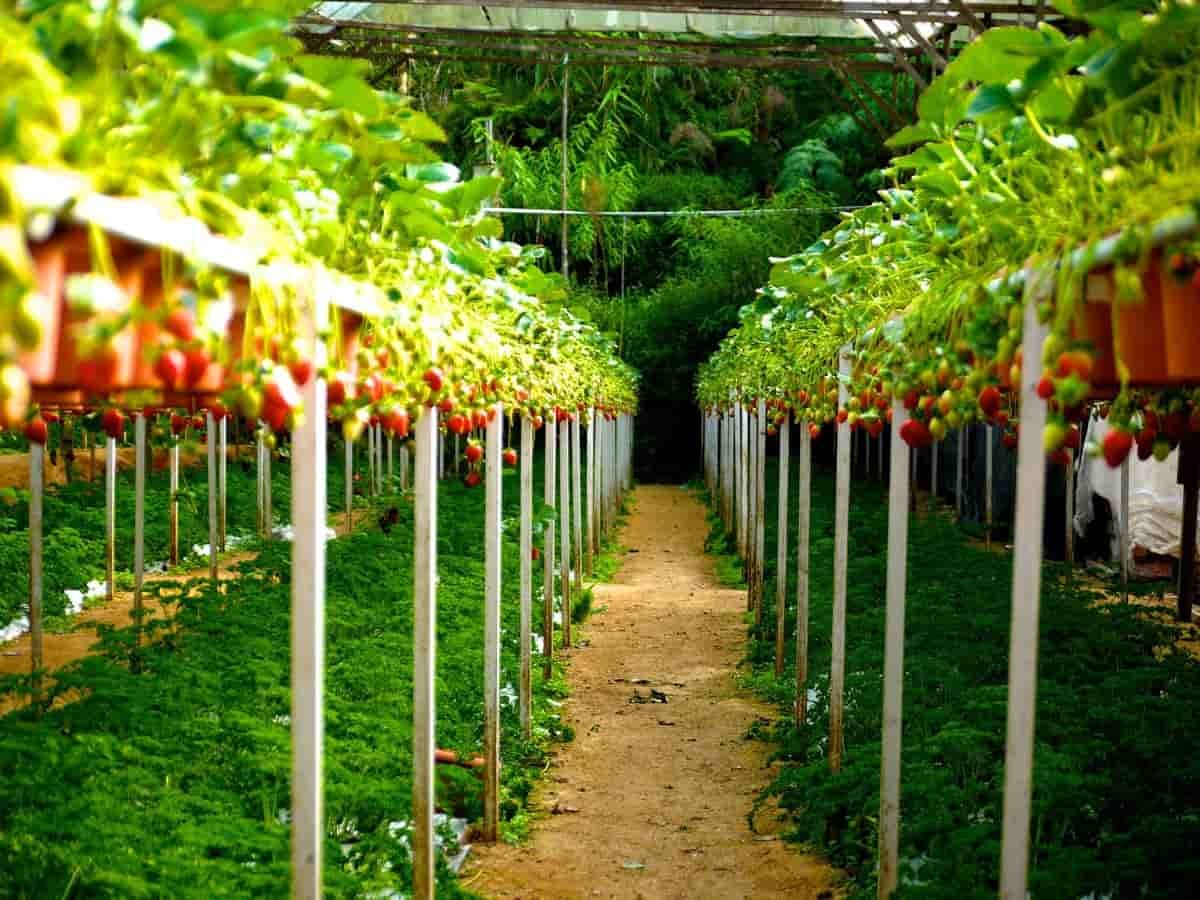Michael Gilbert is the founder and CEO of Semios, a precision agriculture technology company based in Vancouver, Canada.
If your doctor worked for a pharmaceutical company, would you trust their prescriptions to be unbiased? This question has grown louder throughout the medical world for the last decade, as a string of prescription drug scandals has blown the lid off the relationship between general practitioners and Big Pharma.
Within the farming industry, an analogous relationship can be commonplace. Many of the agricultural advisors who are required to sign off on “prescriptions” for chemical pesticides and other products work for the same companies that make or sell the chemicals.
This is often mutually beneficial, with advisors and farmers committed to the same goals. But this relationship can also become a source of tension — farmers sometimes question advisors’ motives, who in turn butt heads with farmers over the best course of action. Neither party is necessarily at fault. Rather, the failing lies within the system itself.
While some countries, like France, have taken legislative steps to separate the advisor and the agrichemical company, there’s little talk of that happening in North America. The good news, however, is that there is a way to repair and strengthen these relationships without added regulation.
As agriculture integrates better technology and enhanced analytics, we’re seeing an important side effect: farm data collected by independent technology companies is helping farmers and chemical advisors finally see eye-to-eye.
Good intentions. Bad optics
Now, I should preface this by saying there are a lot of amazing agriculture advisors out there, and the vast majority play an indispensable role for farmers.
When we talk about advisors, it breaks down into three groups: In-house advisors who work for the farm, independent advisors who own their own businesses, and advisors who work directly for a chemical retailer.
When a farmer orders chemicals or seeds from a retailer, the advisor often comes as part of the package. Many farmers welcome the free advice. They also turn to these advisors out of necessity, since in many jurisdictions, their prescription is needed in order to purchase and spray pesticides.
For many, this relationship functions smoothly. I know farmers who swear by their advisors. On the flip side, there is a subtle misalignment of agendas in play, which can result in unintended results, including overspraying. For example, a survey of 540 advisors in Denmark found those affiliated with chemical companies were far less likely to recommend lower doses of pesticides. Overspraying, in turn, can have cascading effects — from potential environmental damage to increasing resistance, and unnecessary costs for the farmer.
Rather than lay blame on any one party, I think what’s critical here is to note what’s missing from the equation: reliable data for collaborative decisions.
When advisors walk fields, they bring into play extensive training and powerful pattern recognition from years on the job. On the flipside, farmers arguably know their fields better than anyone, with an intuitive sense of challenges and conditions. What’s lacking is a single, objective source of truth to base decisions on.
Fortunately, it doesn’t have to be that way.
How data can set you free
Precision agriculture is changing farming in ways big and small. At its roots, it involves the use of sensors to gather data from fields, with a level of granularity that would have been inconceivable in decades past. These data are then paired with machine learning to optimize inputs and preserve resources, helping farmers do more with less.
Importantly, this same data can also help eliminate guesswork and provide a single source of truth for advisors and farmers to work from. I’ve seen firsthand how this can improve decision-making. With modern technology, farmers can have sensors reporting data every 10 minutes on variables like weather conditions and pest pressure. When that’s connected to a platform that both the farmer and advisor can access for real-time updates, it gives them an objective standard to make decisions and preempt or diffuse potential conflicts.
For instance, during an end-of-season meeting, a farmer my company works with was trying to get to the bottom of some pest damage he’d sustained. After some heated debate about who was at fault, he was able to go back and check the data, which showed his pesticide contractor mistimed the spray, resulting in a reduced impact on the pest. Those sensors gave him all the information he needed to remove the finger-pointing and figure out how to prevent the problem from happening again.
This is just the start. On a granular level, this kind of objective data can be used to solve discrete problems like spray timing. But on an aggregate level, data like this can provide an accurate forecast of problems before they arise. By providing precise information like the number of pests on a farm, and where they are in their life cycles, we can head off a pending attack weeks before it happens.
Ultimately, this kind of independent and irrefutable data provides a strong basis for decisions on spraying, thus reducing the potential for bias and its costly side effects. Farmers and their advisors have a long and productive history together. By arming them both with better information, we stand to build trust and eliminate conflict. In the end, the data will set them free.










